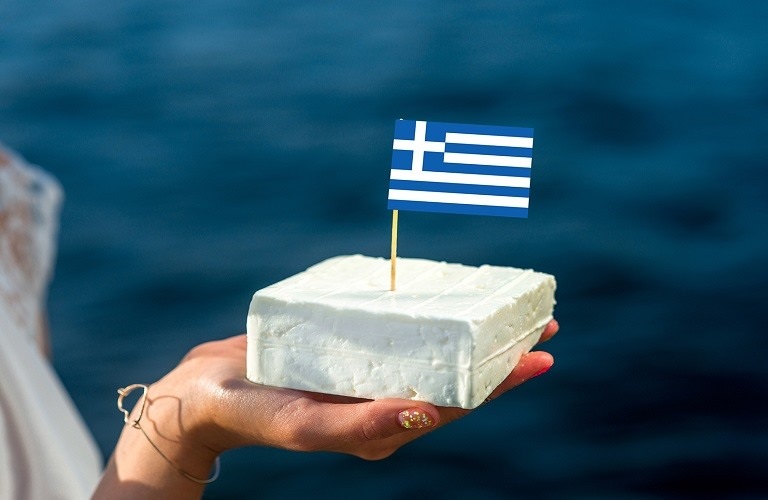In an effort to combat the illicit practice of mislabeling imported products as Greek, the Greek government has announced stricter controls over olive oil, meats and honey. These measures are set to commence immediately, with inspections slated for supermarkets and entry points such as ports and borders.
Lefteris Avgenakis, the minister of rural development and food (the renamed agriculture ministry), emphasized what he called a commitment to uphold integrity in food labeling, asserting that no vested interests will hinder the enforcement.
Thus far, inspections have primarily targeted milk and Protected Designation of Origin (PDO) products, with a focus on verifying labeling accuracy and compliance with national and EU regulations. Samples collected during inspections are subjected to rigorous analysis at laboratories of the General State Chemistry Laboratory and ELGO-DIMITRA.
Between January 18 and March 3, 84 inspections were conducted across key cities, resulting in the submission of 175 samples for analysis. Notably, discrepancies were found in 45 cases, regarding issues such as incomplete labeling and incorrect PDO designation.
In addition to dairy products, scrutiny has extended to fruits and vegetables, leading to the removal of potatoes from markets in Athens and Thessaloniki. Concerns have also emerged regarding the misrepresentation of kiwifruit as Greek, prompting further investigation into its origins, potentially from Iran.
Preparations are underway to expand inspections to include olive oil, meat, and honey, with a particular focus on apples, potatoes, oranges, mandarins, and kiwifruit. The training of inspection teams is nearing completion, signaling an imminent crackdown on fraudulent labeling practices across the food industry.




